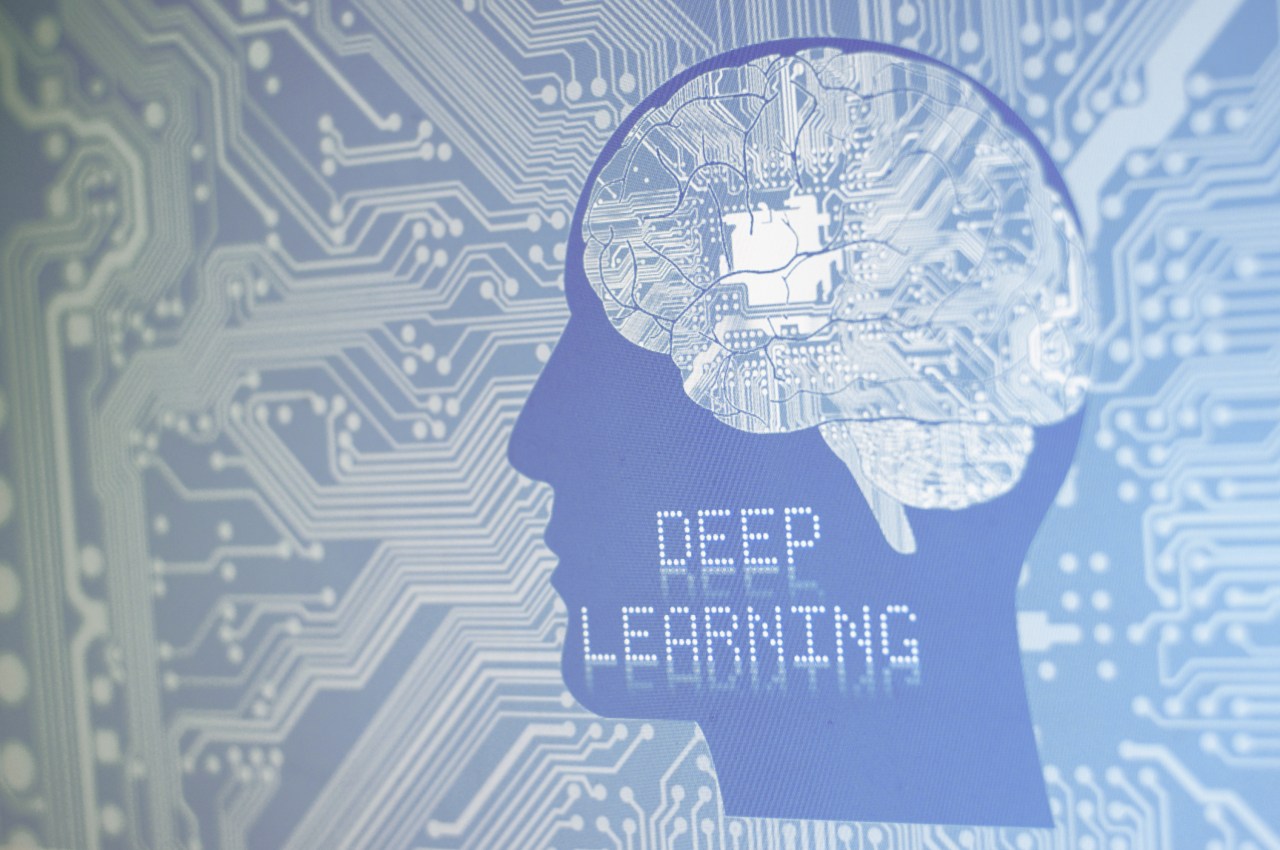In an age where artificial intelligence and machine learning are transforming entire industries, the Linux Foundation has once again positioned itself as a beacon for innovation. With the recent launch of the LF Deep Learning Foundation, the organization aims to enhance collaboration and support within the ever-growing spectrum of open-source AI technologies. This initiative is pivotal for developers, data scientists, and enterprises looking to harness the full potential of deep learning.
Why the LF Deep Learning Foundation Matters
As the technology landscape continues to change rapidly, having a dedicated platform for deep learning is essential. The LF Deep Learning Foundation is not just another project under the Linux umbrella; it represents a strategic move to democratize access to advanced AI capabilities. The organization emphasizes:
- **Open Source Innovation**: Encouraging collaboration to foster new ideas and applications.
- **Accessibility**: Making AI technologies available to developers and data scientists around the world, regardless of their resources.
- **Collaboration**: Bringing together industry leaders and innovators to shape the future of deep learning.
Founding Collaborators: Who’s Involved?
The LF Deep Learning Foundation is supported by a diverse range of founding member companies, each contributing unique perspectives and resources to the project. The initial members include:
- Amdocs
- AT&T
- B.Yond
- Baidu
- Huawei
- Nokia
- Tech Mahindra
- Tencent
- Univa
- ZTE
This impressive consortium underscores the foundation’s commitment to establishing a vibrant ecosystem that will nurture current and future AI applications.
The Flagship Project: Acumos AI
One of the first major initiatives under the LF Deep Learning Foundation is the Acumos AI Project. This platform, a brainchild of collaborations between AT&T and Tech Mahindra, serves as a remarkable launchpad for developing, discovering, and sharing AI models and workflows. What sets Acumos apart is its aim to accelerate the proliferation of AI solutions by providing a user-friendly environment for developers. This could potentially lead to a wealth of new applications across various sectors, from healthcare to finance.
Membership Levels: Supporting Sustainability
To sustain this ambitious foundation, various membership levels will be available. Companies eager to contribute will find structured options, while non-profits will also have a designated membership level. Notably, all LF Deep Learning members must also be part of the Linux Foundation, ensuring a unified commitment to open-source principles and practices.
A Vision for the Future
Jim Zemlin, Executive Director of the Linux Foundation, expressed enthusiasm about the potential impact of the LF Deep Learning Foundation on the AI landscape. The vision is clear: to create a robust framework that nurtures innovation and makes cutting-edge technologies accessible to everyone. As the foundation evolves, it’s expected that more organizations will join, creating a collaborative environment essential for advancing deep learning.
Conclusion: Powering the AI Revolution
The launch of the LF Deep Learning Foundation marks a significant milestone in the evolutionary journey of open-source AI. By encouraging collaboration and embracing inclusivity, this foundation has the potential to redefine how AI technologies develop and influence various sectors. The LF Deep Learning Foundation is not just about today’s innovations; it’s about paving the way for the next generation of AI breakthroughs.
At fxis.ai, we believe that such advancements are crucial for the future of AI, as they enable more comprehensive and effective solutions. Our team is continually exploring new methodologies to push the envelope in artificial intelligence, ensuring that our clients benefit from the latest technological innovations. For more insights, updates, or to collaborate on AI development projects, stay connected with fxis.ai.

